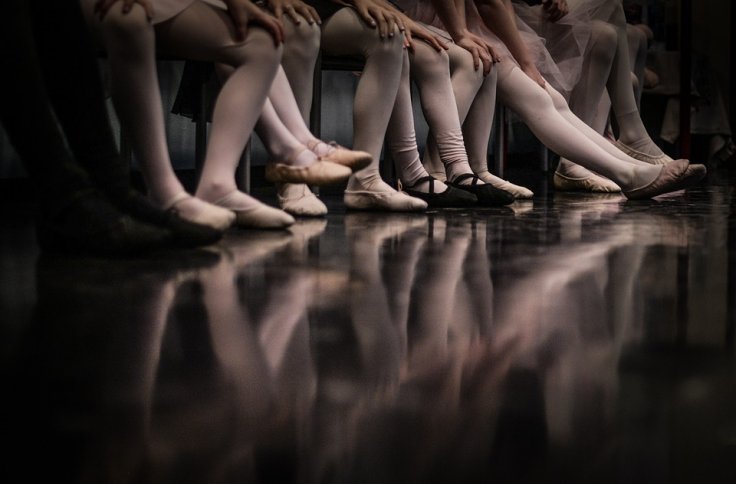Our dance style is almost always the same, regardless of the type of music, and a computer algorithm can identify the dancer with astounding accuracy, new research suggests.
"It seems as though a person's dance movements are a kind of fingerprint, each person has a unique movement signature that stays the same no matter what kind of music is playing," said study co-author Pasi Saari from the University of Jyvaskyla in Finland.
Researchers used motion capture technology

According to the study, published in the Journal of New Music Research, over the last few years, researchers have used motion-capture technology--the same kind used in Hollywood--to learn that your dance moves say a lot about you, such as how extroverted or neurotic you are, what mood you happen to be in, and even how much you empathize with other people.
"Our original idea was to see if we could use machine learning to identify which genre of music our participants were dancing to, based on their movements," said study first author Emily Carlson. Recently, they discovered something that surprised them.
Computer less accurate in identifying individuals dancing to Metal music
The 73 participants in the study were motion-captured dancing to eight different genres: Blues, Country, Dance/Electronica, Jazz, Metal, Pop, Reggae and Rap. The only instruction they received was to listen to the music and move any way that felt natural. The researchers analysed participants' movements using machine learning, trying to distinguish between the musical genres.
Unfortunately, their computer algorithm was able to identify the correct genre less than 30 percent of the time. They were shocked to discover, however, that the computer could correctly identify which of the 73 individuals was dancing 94 percent of the time.
The computer was less accurate in identifying individuals when they were dancing to Metal music. "There is a strong cultural association between Metal and certain types of movement, like headbanging, it's probable that Metal caused more dancers to move in similar ways, making it harder to tell them apart," Carlson said.









